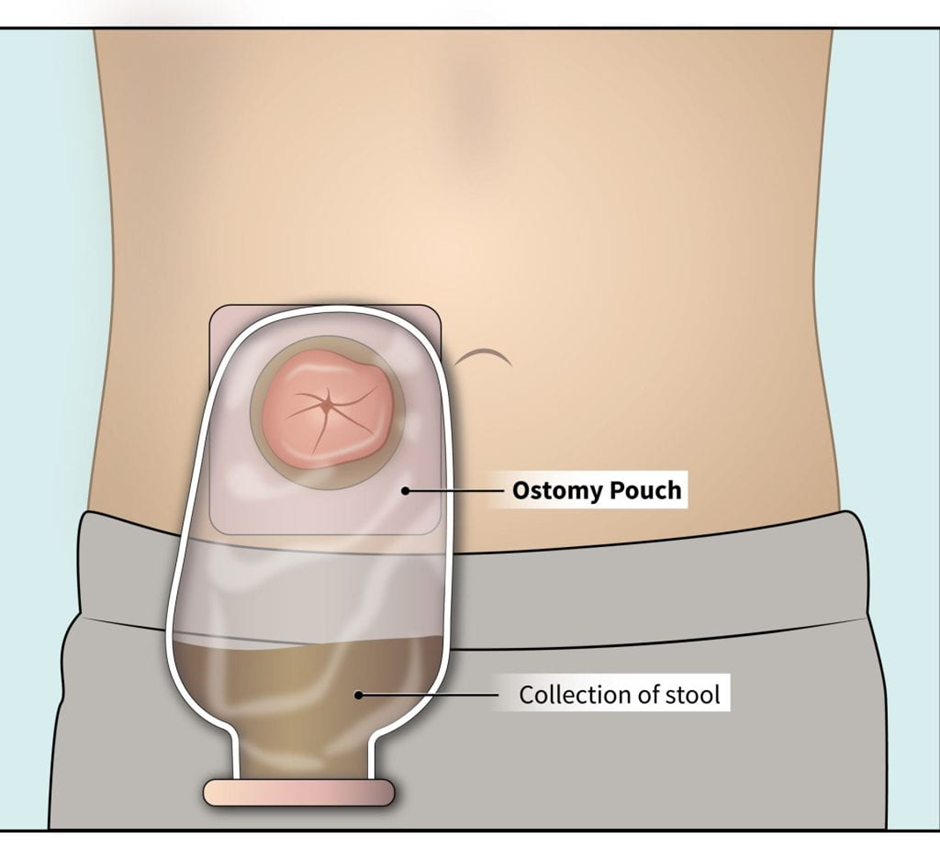A nurse is caring for a client who is scheduled for a CT scan that requires contrast dye. Which of the following actions is the priority for the nurse to take?
Question the client about allergies before the procedure.
Tell the client to increase fluid intake following the procedure.
Evaluate the client for claustrophobia.
Inform the client about the steps of the procedure.
The Correct Answer is A
Choice A Reason:
Questioning the client about allergies before the procedure is appropriate. It is crucial to assess the client for any allergies, especially to contrast dye, before the procedure. Allergic reactions to contrast dye can range from mild to severe, and prompt identification of potential allergies is essential to prevent adverse reactions. If the client has a known allergy to the contrast dye, alternative imaging methods or pre-medication may be considered.
Choice B Reason:
Telling the client to increase fluid intake following the procedure is inappropriate. This instruction is relevant post-procedure for the elimination of the contrast dye from the body. However, it is not the priority at this moment, and the client's safety during the procedure takes precedence.
Choice C Reason:
Evaluating the client for claustrophobia is appropriate. Assessing for claustrophobia is important, especially if the CT scan involves an enclosed space. However, this assessment can typically be conducted in advance of the procedure during the pre-procedure preparations.
Choice D Reason:
Informing the client about the steps of the procedure is inappropriate. Providing information about the procedure is important for the client's understanding and cooperation. However, ensuring the client's safety during the procedure by assessing for potential allergies to the contrast dye comes first.
Nursing Test Bank
Naxlex Comprehensive Predictor Exams
Related Questions
Correct Answer is A
Explanation
Choice A Reason:
Pressing on the skin barrier for about 30 seconds ensures that it adheres properly to the skin, which helps secure the ostomy appliance and prevents leakage.
Choice B Reason:
Moisturizing soap is not recommended for cleaning around the stoma, as it can leave a residue that interferes with the appliance's adhesion. Mild soap without moisturizers or just water should be used.
Choice C Reason:
Applying talc powder around the stoma can prevent the appliance from adhering properly, leading to leakage. It is not recommended for ostomy care.
Choice D Reason:
The skin barrier should be cut to fit closely around the stoma, leaving no more than a 1/8 inch gap, not 1/2 inch. A larger opening may cause skin irritation or leakage.

Correct Answer is A
Explanation
Choice A Reason:
Recording the urinary output at the end of each shift is appropriate action. Furosemide is a loop diuretic that increases urine production. Monitoring urinary output is important to assess the effectiveness of the medication and to ensure that the client is not at risk for dehydration or fluid overload. Recording urinary output at the end of each shift provides a comprehensive overview of the client's renal function and fluid balance.
Choice B Reason:
Checking the urine for ketones every 12 hr is inappropriate action. Checking urine for ketones is not a routine assessment for a client with an indwelling urinary catheter and a prescription for furosemide.
Choice C Reason:
Collecting a 24-hr urine specimen to send to the laboratory is inappropriate. Collecting a 24-hour urine specimen is a more extensive test and is not typically needed for routine monitoring of a client on furosemide.
Choice D Reason:
Measuring the specific gravity of the urine during each shift is incorrect. While monitoring specific gravity can provide information about the concentration of urine, it is not usually required for routine monitoring in this specific situation. Monitoring urinary output is a more practical and clinically relevant approach.
Whether you are a student looking to ace your exams or a practicing nurse seeking to enhance your expertise , our nursing education contents will empower you with the confidence and competence to make a difference in the lives of patients and become a respected leader in the healthcare field.
Visit Naxlex, invest in your future and unlock endless possibilities with our unparalleled nursing education contents today
Report Wrong Answer on the Current Question
Do you disagree with the answer? If yes, what is your expected answer? Explain.
Kindly be descriptive with the issue you are facing.
